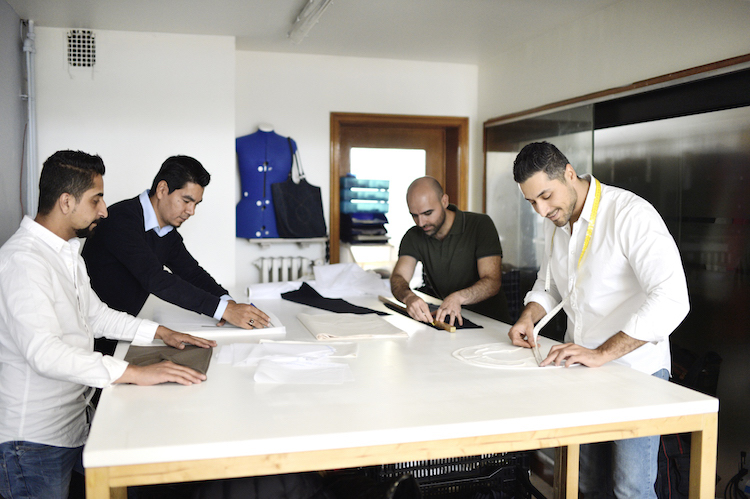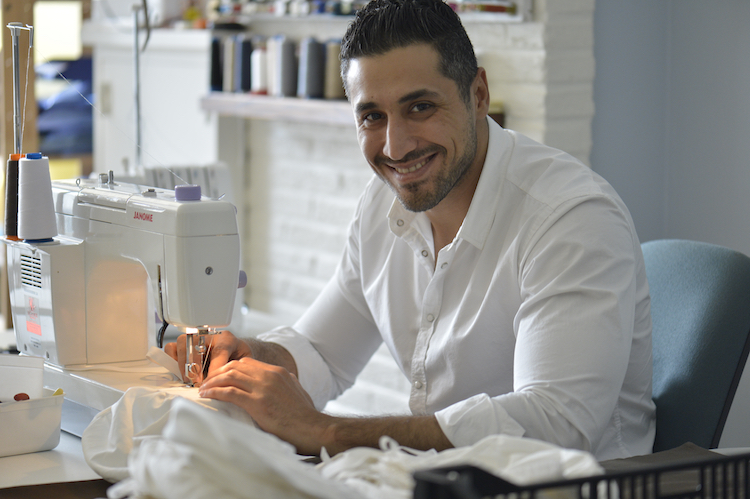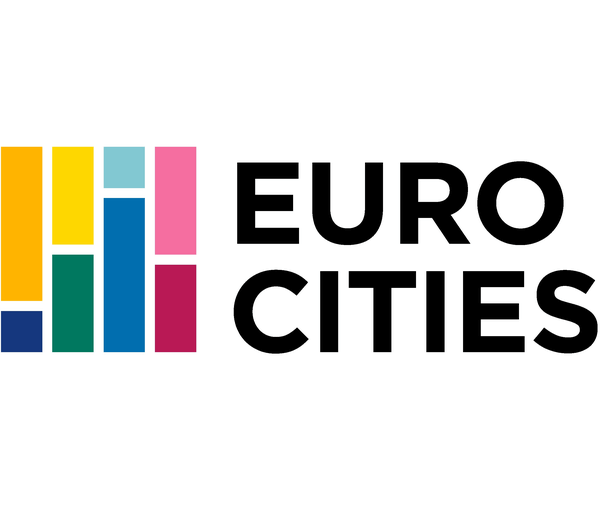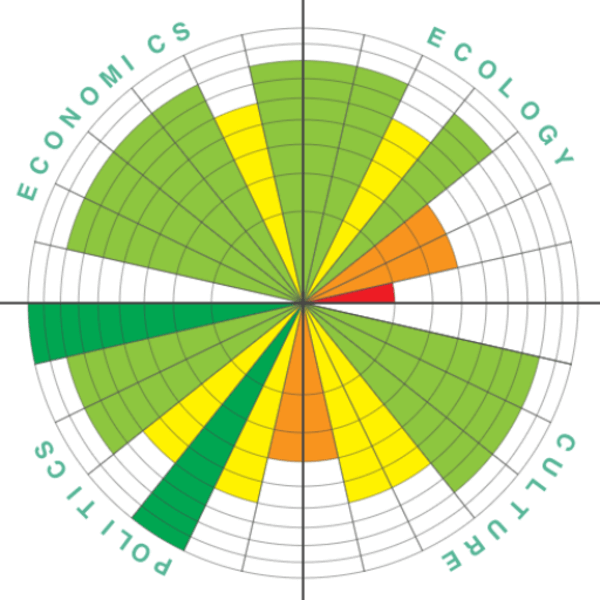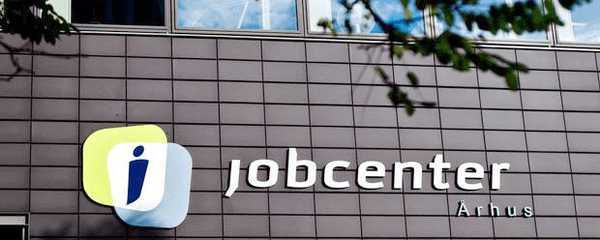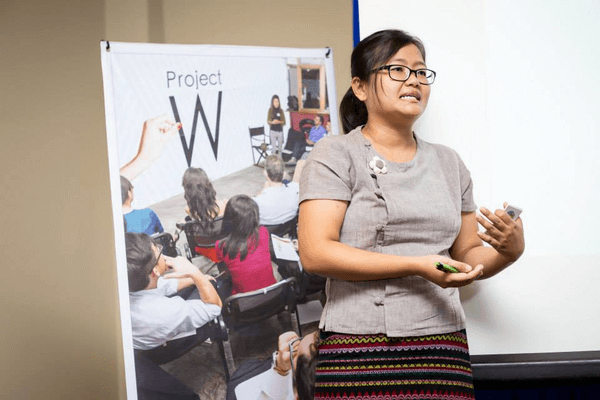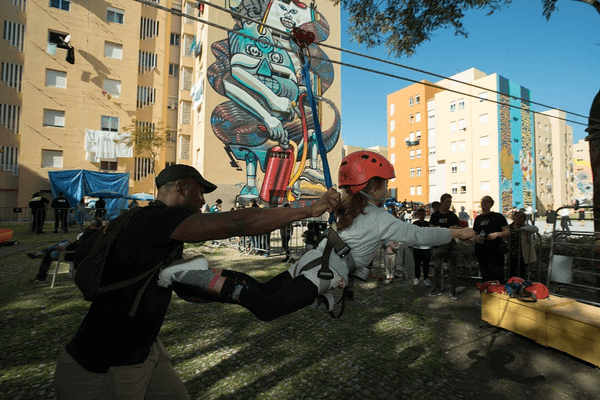Status
ongoing
50%
City
Antwerp
Main actors
City Government, Supranational / Intergovernmental Institutions, Private Sector
Project area
Whole City/Administrative Region
Duration
Ongoing since 2007
The city of Antwerp has turned the challenge of integrating refugees into the labour market into an opportunity to transition to a circular economy.
Inside Out is an innovative scheme that combines social care with work experience and education to give newly arrived refugees with textile and clothing experience the support they need to gain self-esteem, secure jobs and contribute to a more sustainable fashion industry. The city’s social welfare organisation, OCMW Antwerp, saw an opportunity to open doors to the labour market for refugees while also reinvigorating the local fashion industry by bringing production back from abroad and promoting circular principles.
Originally published by EUROCITIES, the network of 130 European cities - PDF: http://nws.eurocities.eu/MediaShell/media/participation_Antwerp.pdf
Eurocities Awards
This project was shortlisted for the 'Eurocities Awards' in 2017 in the following category: Participation.
External links / documents
On Map
The Map will be displayed after accepting cookie policy
